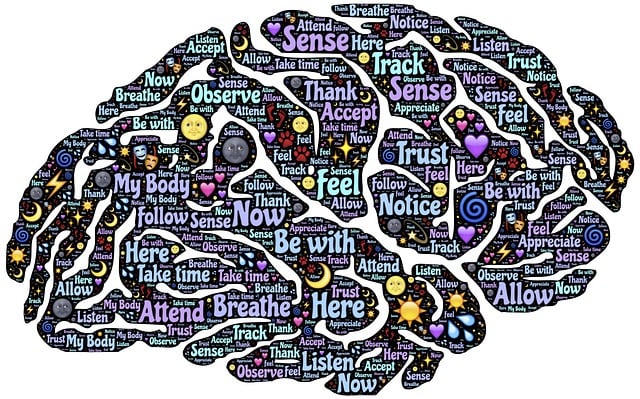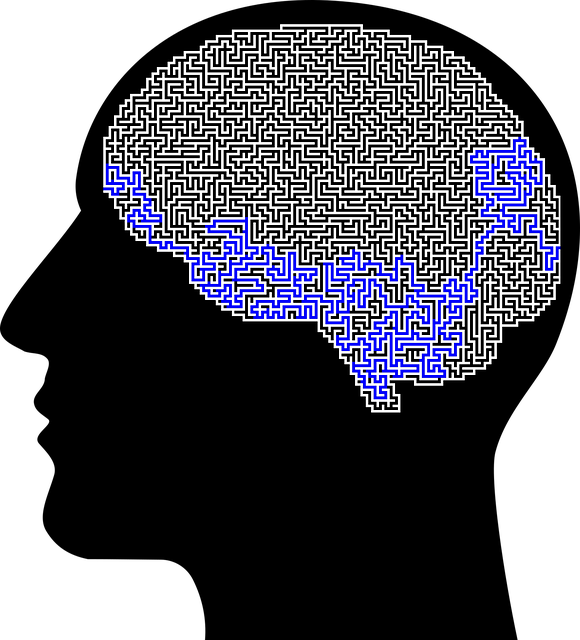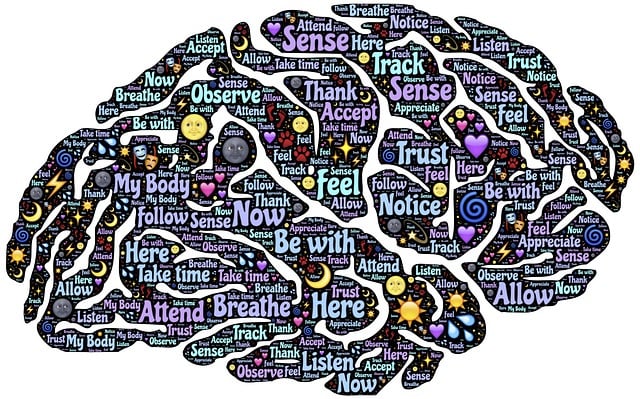Arvada Geriatrics Therapy enhances elderly care through Crisis Intervention Teams (CITs), which swiftly address mental health crises and improve quality of life for seniors. Their holistic training programs equip professionals with skills to manage dementia, age-related cognitive changes, and evidence-based interventions tailored to geriatric needs. Through regular refresher courses, role-playing, case studies, and a Mental Wellness Podcast Series, along with Risk Management Planning, Arvada Geriatrics Therapy ensures their CITs effectively respond to crises while promoting empathy and compassion.
“Crisis intervention teams (CITs) play a pivotal role in elderly care, offering immediate support during emergencies. This article explores the significance of CIT training programs, focusing on Arvada Geriatrics Therapy’s unique approach. We delve into the key components that make these programs effective, from comprehensive training to practical strategies for implementation and sustainability. Understanding CITs and their impact is crucial for enhancing elderly care, ensuring swift and skilled responses during crises.”
- Understanding Crisis Intervention Teams: Their Role and Impact in Elderly Care
- Components of Effective Arvada Geriatrics Therapy Training Programs
- Strategies for Implementing and Sustaining Crisis Intervention Team Skills
Understanding Crisis Intervention Teams: Their Role and Impact in Elderly Care

Crisis Intervention Teams (CITs) play a pivotal role in elderly care, especially in communities like Arvada where Geriatrics Therapy services are essential. These teams, typically composed of mental health professionals, social workers, and other support staff, are trained to swiftly respond to crises that may arise in the lives of seniors. By integrating CITs into elderly care, there’s a significant impact on both the quality of life for older adults and the overall efficiency of healthcare services.
The role of these teams extends beyond immediate crisis management. They also focus on risk assessment, ensuring a thorough evaluation of mental health risks among the elderly population. This involves not just identifying dangers but also implementing strategies to mitigate them through effective self-care practices tailored to individual needs. Furthermore, CITs emphasize cultural sensitivity in mental healthcare practice, recognizing and respecting diverse backgrounds, beliefs, and preferences, which are crucial aspects of providing holistic care for Arvada’s geriatric community.
Components of Effective Arvada Geriatrics Therapy Training Programs

Effective Arvada Geriatrics Therapy training programs incorporate a multifaceted approach to prepare mental health professionals for the unique challenges of aging populations. These programs should include comprehensive instruction on assessing and managing dementia, understanding age-related cognitive changes, and implementing evidence-based interventions tailored to geriatric needs. Conflict Resolution Techniques are essential components, teaching professionals how to navigate delicate situations and facilitate open communication with older adults and their caregivers.
Beyond direct care skills, training should emphasize Resilience Building strategies for both the therapists and the clients. This includes equipping professionals with tools to recognize and mitigate risks associated with mental health issues in the elderly, such as depression and isolation. By integrating these diverse elements, Arvada Geriatrics Therapy training programs ensure that practitioners are well-prepared to deliver compassionate, effective support to this vulnerable demographic.
Strategies for Implementing and Sustaining Crisis Intervention Team Skills

Implementing and sustaining crisis intervention team (CIT) skills requires a multi-faceted approach tailored to the unique needs of each organization. At Arvada Geriatrics Therapy, we’ve found success through a combination of practical training and ongoing support. Regularly scheduled refresher courses, led by experienced mental health professionals, ensure that team members retain critical skills and stay current with best practices in crisis management. These sessions often incorporate role-playing scenarios, case studies, and interactive workshops to keep the learning experience engaging and impactful.
Complementing formal training, Arvada Geriatrics Therapy promotes a culture of continuous improvement by encouraging team members to share real-world experiences through informal discussions and our popular Mental Wellness Podcast Series Production. This open exchange fosters a deep understanding of the challenges faced in various settings, allowing for the adaptation and refinement of CIT strategies. Furthermore, Risk Management Planning for Mental Health Professionals plays a vital role in fostering a safe environment where team members can practice empathy and compassion cultivation practices, enhancing their ability to respond effectively during crises.
Crisis intervention team (CIT) training programs, especially those focused on Arvada Geriatrics Therapy, play a pivotal role in enhancing care for the elderly. By equipping caregivers with essential skills, these programs not only mitigate crises but also improve overall quality of life for seniors. Effective CIT training integrates comprehensive education, practical strategies, and ongoing support to ensure sustained impact. Implementers should adopt dynamic approaches that include regular refresher courses and promote an environment where crisis intervention is viewed as an integral part of elderly care, fostering a more responsive and compassionate community.













